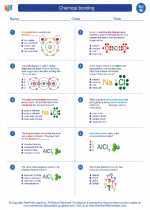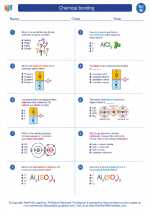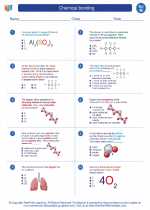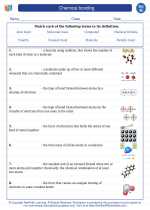Physical Health
Physical health refers to the overall well-being of the body, including its proper functioning and the absence of disease or illness. It involves various factors such as exercise, nutrition, rest, and avoiding harmful substances. Maintaining good physical health is essential for overall well-being and quality of life.
Key Aspects of Physical Health
- Exercise: Regular physical activity is important for maintaining physical health. It helps improve cardiovascular health, muscle strength, and flexibility. Examples of exercises include walking, running, swimming, and strength training.
- Nutrition: Eating a balanced diet that includes a variety of fruits, vegetables, whole grains, lean proteins, and healthy fats is crucial for physical health. Proper nutrition provides the body with essential nutrients and energy.
- Rest: Getting an adequate amount of sleep is vital for physical health. Sleep allows the body to rest, repair, and rejuvenate itself. Lack of sleep can lead to various health issues.
- Avoiding Harmful Substances: Avoiding tobacco, excessive alcohol consumption, and illicit drugs is important for maintaining physical health. These substances can have detrimental effects on the body and overall well-being.
Effects of Poor Physical Health
Poor physical health can lead to various health problems such as obesity, cardiovascular disease, diabetes, and weakened immune system. It can also impact mental health and overall quality of life.
Ways to Improve Physical Health
- Engage in regular physical activity, aiming for at least 150 minutes of moderate-intensity exercise per week.
- Eat a balanced diet with plenty of fruits, vegetables, whole grains, lean proteins, and healthy fats.
- Get adequate rest by aiming for 7-9 hours of sleep each night.
- Avoid smoking, limit alcohol consumption, and steer clear of illicit drugs.
- Get regular check-ups and screenings to monitor overall health and catch any potential issues early.
Importance of Physical Health
Physical health is crucial for overall well-being. It impacts the body's ability to function optimally, maintain a healthy weight, and fight off illness and disease. Additionally, good physical health can lead to increased energy levels, improved mood, and better quality of life.
Overall, maintaining good physical health requires a holistic approach that encompasses exercise, nutrition, rest, and avoiding harmful substances.
.◂Science Worksheets and Study Guides Eighth Grade. Chemical bonding

 Worksheet/Answer key
Worksheet/Answer key
 Worksheet/Answer key
Worksheet/Answer key
 Worksheet/Answer key
Worksheet/Answer key
 Vocabulary/Answer key
Vocabulary/Answer key
